Lissome
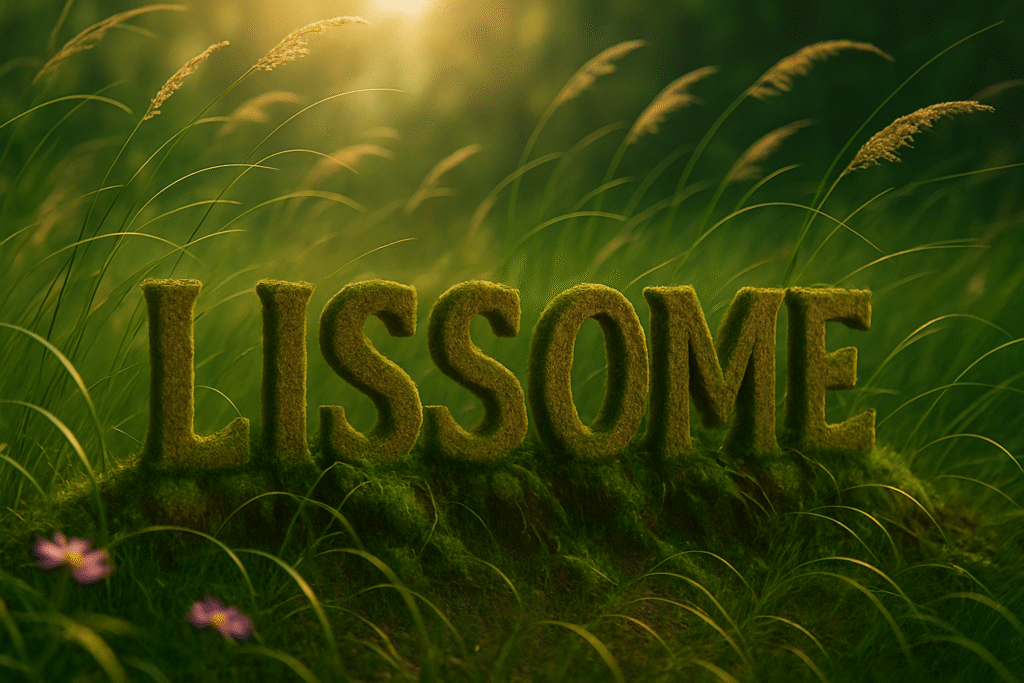
Today's Word Lissome LISS-um Definition (adjective) Flexible, supple, and graceful in movement or form. Example The dancer’s lissome movements captivated the audience as she seemed to glide effortlessly across the stage. Word Origin Lissome emerged in English in the early 19th century as a blend of lithe (meaning “flexible” or “bending easily”) and the suffix -some, which forms adjectives indicating a quality or tendency. It evolved from older variants like lithesome, highlighting the same sense of agile grace. Fun Fact Throughout history, graceful movement has been admired as a sign of discipline, control, and even spiritual harmony. In many cultures—from the Japanese tea ceremony to ballet and yoga—fluid motion represents inner balance as much as physical ability. Interestingly, scientists studying movement patterns have found that people naturally perceive lissome motion as more aesthetically pleasing because of its smooth, predictable flow, which mirrors patterns found in nature, like ocean waves or swaying trees.
Florid

Today's Word Florid FLOR-id Definition (adjective) Having a red or flushed complexion; or overly elaborate and showy in style. Example The florid writing style distracted from the simplicity of the message. Word Origin Late Middle English: from Latin floridus ‘flowery’, from flos, flor- meaning “flower.” Fun Fact Florid can describe both rosy cheeks and flowery prose—but it’s not always a compliment. In architecture, speech, and writing, it often suggests ornate excess—decorative language, frilly detail, or too much embellishment. Think Victorian wallpaper, overwritten novels, or grandiose speeches. But when used well, a florid touch can feel rich, romantic, or poetic.
Incipient

Today's Word Incipient in-SIP-ee-uhnt Definition (adjective) In an initial stage; beginning to happen or develop. Example They noticed the incipient signs of a storm forming on the horizon. Word Origin Mid 17th century: from Latin incipient- ‘beginning’, from incipere ‘to begin’. Fun Fact Incipient is a favorite in science, medicine, and psychology—used to describe early warning signs or developments just taking shape. You’ll hear it in phrases like “incipient illness,” “incipient rebellion,” or “incipient innovation.” It’s a more precise way to say something’s starting, especially when that something may grow quickly or change everything.
Baleful
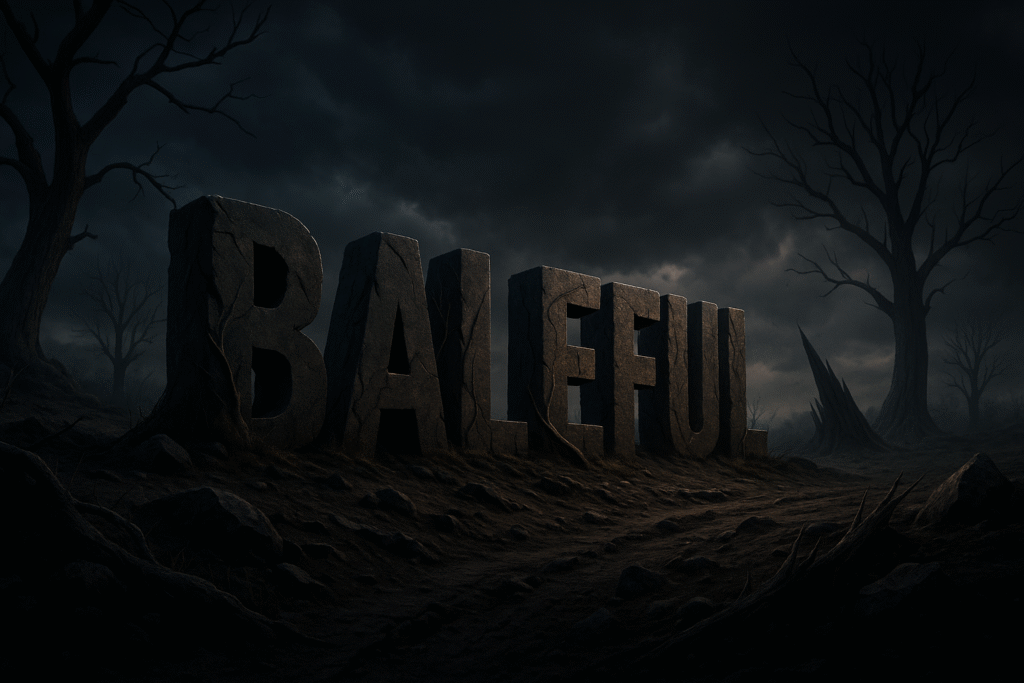
Today's Word Baleful BAYL-full Definition (adjective) Threatening harm or expressing hostility; ominous in tone or intent. Example The villain gave a baleful glare that silenced the entire room. Word Origin Old English bealufull, from bealu meaning “evil” or “harm.” Fun Fact Baleful shows up a lot in literature, especially when describing dark atmospheres or intense characters. It can describe looks, gestures, or environments that signal danger before it strikes. A baleful sky? Storm’s coming. A baleful glance? You’re on thin ice. It’s a great word for when something feels wrong—even if nothing’s happened yet.
Pedantic
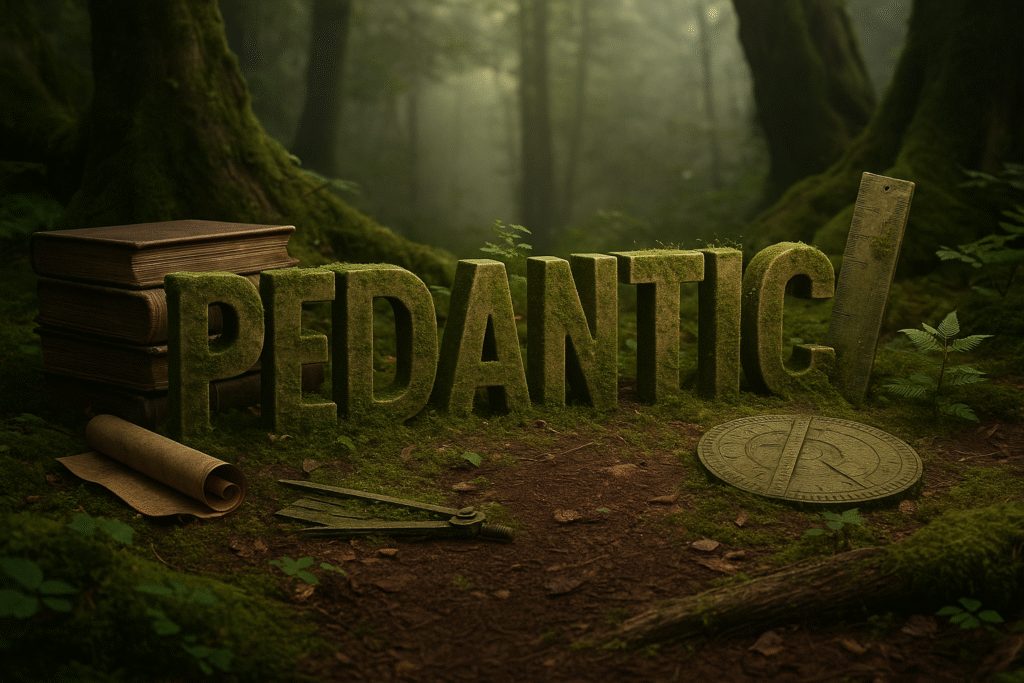
Today's Word Pedantic puh-DAN-tik Definition (adjective) Overly concerned with formal rules, details, or academic accuracy—especially in a way that feels nitpicky or condescending. Example His pedantic lecture about the placement of commas made the entire class groan. Word Origin Late 16th century: from French pédantique, from pédant (pedant), originally meaning “a schoolmaster or teacher.” Fun Fact Being pedantic isn’t just about knowing a lot—it’s about showing off what you know, often in a way that sucks the joy out of conversation. It’s commonly used to describe people who correct grammar mid-sentence, cite obscure facts to win debates, or derail discussions with unnecessary detail. While accuracy matters, pedantry often misses the point: connecting with others.
Unremitting

Today's Word Unremitting uhn-ruh-MITT-ing Definition (adjective) Never relaxing or slackening; constant and relentless. Example Their unremitting efforts finally paid off after years of quiet dedication. Word Origin Late 17th century: from Latin un- (not) + remittere meaning “to relax” or “send back.” Fun Fact Unremitting is often used to describe long-term endurance—whether it’s a positive grind (like hard work) or something oppressive (like stress or pain). You’ll see it in sports commentary, startup culture, or even weather reports (unremitting heat). It’s a favorite in storytelling when characters don’t quit—because they can’t afford to.
Castigate
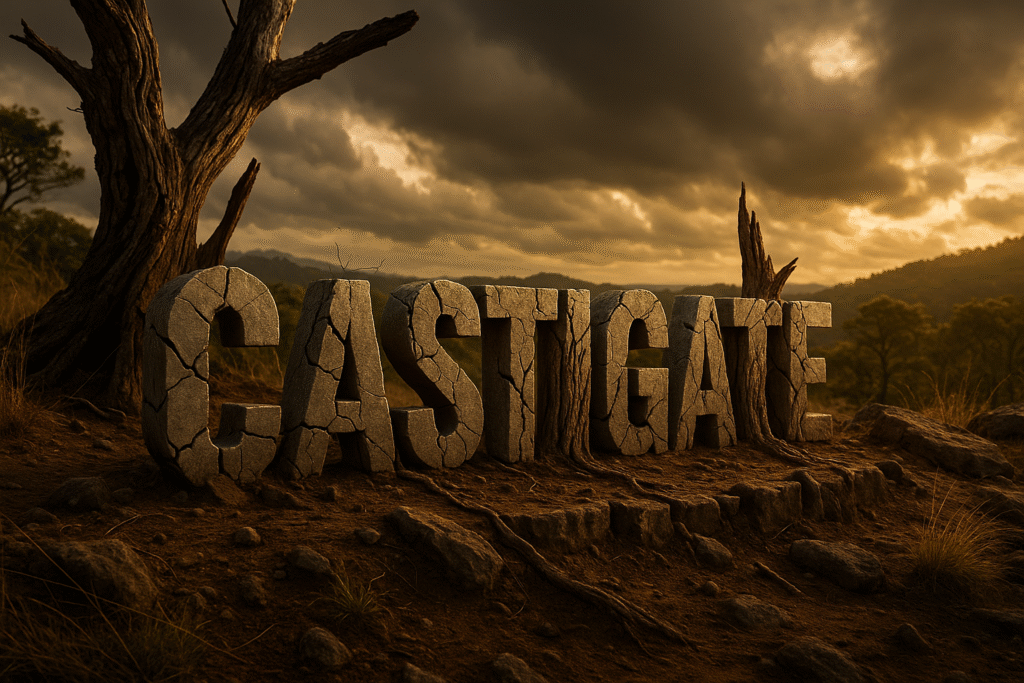
Today's Word Castigate KAS-tih-gayt Definition (verb) To reprimand someone severely; to criticize harshly. Example The editor castigated the writer for missing yet another deadline. Word Origin Early 17th century: from Latin castigare, from castus ‘pure’ + agere ‘to drive’. Fun Fact Castigate doesn’t just mean to critique—it means to come down hard, often with a tone of moral authority. In the past, it could even refer to physical punishment, but today it’s used more metaphorically: a boss tearing into an employee, a coach yelling during halftime, or a pundit scolding a public figure. It’s always loud, sharp, and meant to correct.
Glib
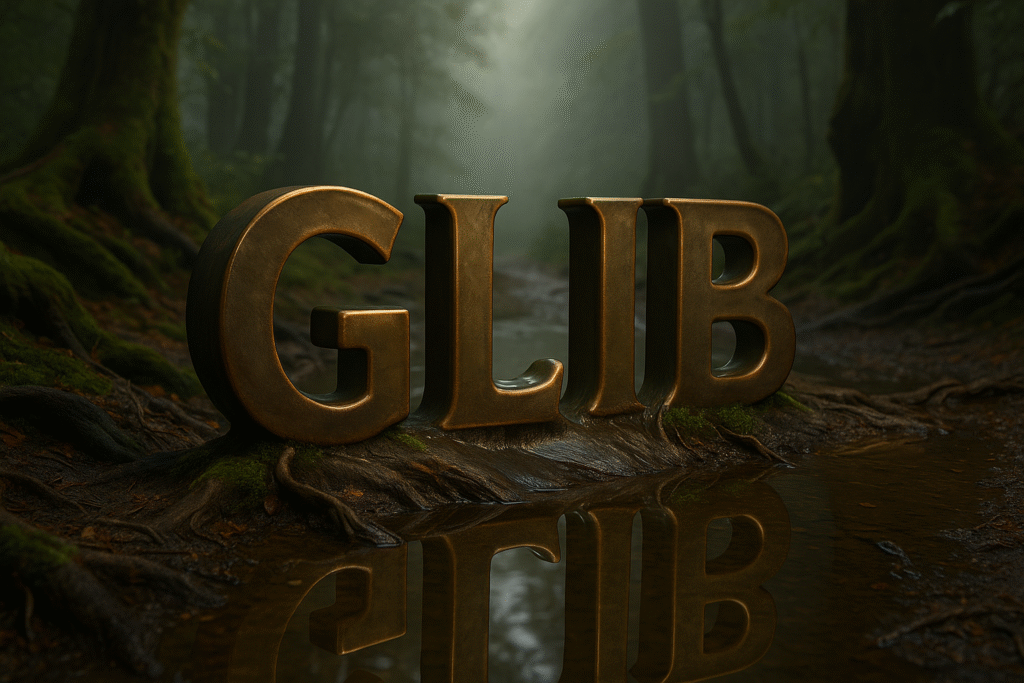
Today's Word Glib glib Definition (adjective) Fluent and confident in speech, but shallow, insincere, or lacking thought. Example His glib explanation sounded convincing, but it crumbled under basic questioning. Word Origin Mid 17th century: probably from Low German glibberig, meaning “slippery.” Fun Fact Glib is often used to describe people who are too quick with their words—especially when it feels rehearsed, dismissive, or disingenuous. Think of sales pitches that sound slick but empty, or politicians who talk around the truth with practiced ease. It’s not a compliment—glibness suggests style over substance, and the listener often walks away feeling talked at, not to.
Tawdry
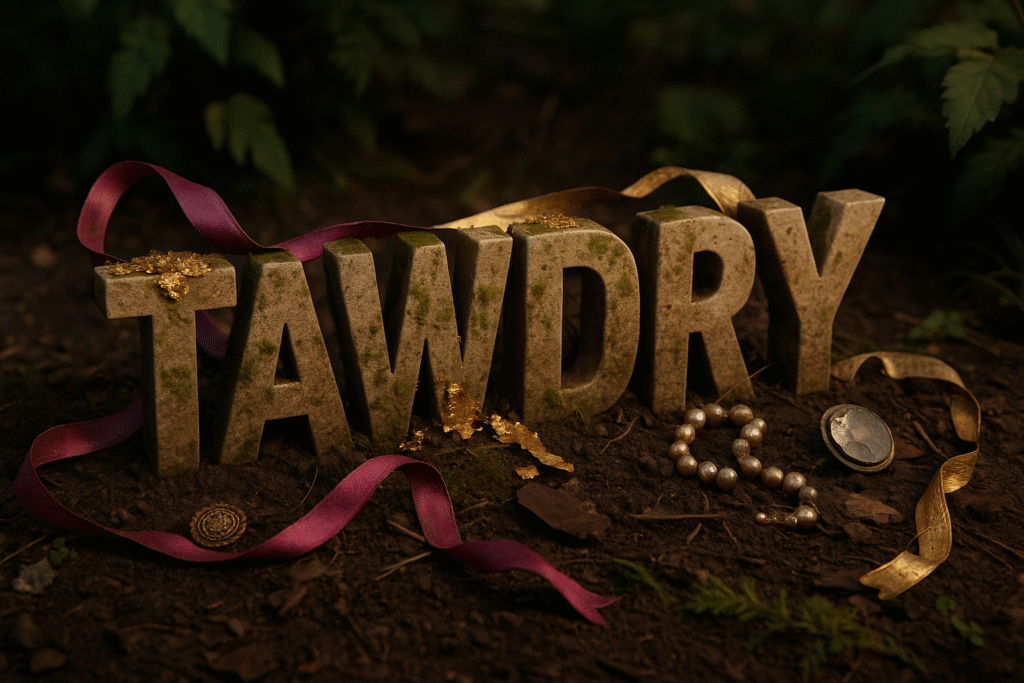
Today's Word Tawdry TAW-dree Definition (adjective) Showy but cheap and of poor quality; lacking good taste. Example The room was filled with tawdry decorations that looked like they came from a discount bin. Word Origin Mid 17th century: contraction of St. Audrey’s lace, which referred to cheap lace sold at fairs in honor of St. Audrey. Over time, the lace was seen as gaudy and tasteless, and St. Audrey became tawdry. Fun Fact The transformation from St. Audrey to tawdry is a classic case of how language evolves through cultural snobbery. Once a respected religious figure, St. Audrey lent her name to lace accessories sold at fairs. But as styles changed, those accessories were considered garish or outdated, and the word became an insult. Today, tawdry is used to describe anything that’s cheaply flashy, overly glitzy, or just in bad taste—from outfits to gossip.
Adulation

Today's Word Adulation aj-uh-LAY-shun Definition (noun) Excessive admiration or praise, often to the point of insincerity or obsession. Example The celebrity was showered with adulation, though some of it felt more like performance than sincerity. Word Origin Late Middle English: from Latin adulatio(n-), from adulari meaning “to fawn upon.” Fun Fact Adulation isn’t just praise — it’s over-the-top, sometimes cringe-worthy worship. While it can be genuine, it often implies that someone is going too far in their admiration, whether for a pop star, political figure, or social media influencer. It frequently appears in commentary about celebrity culture, cult followings, or fan behavior that blurs the line between loyalty and obsession.
